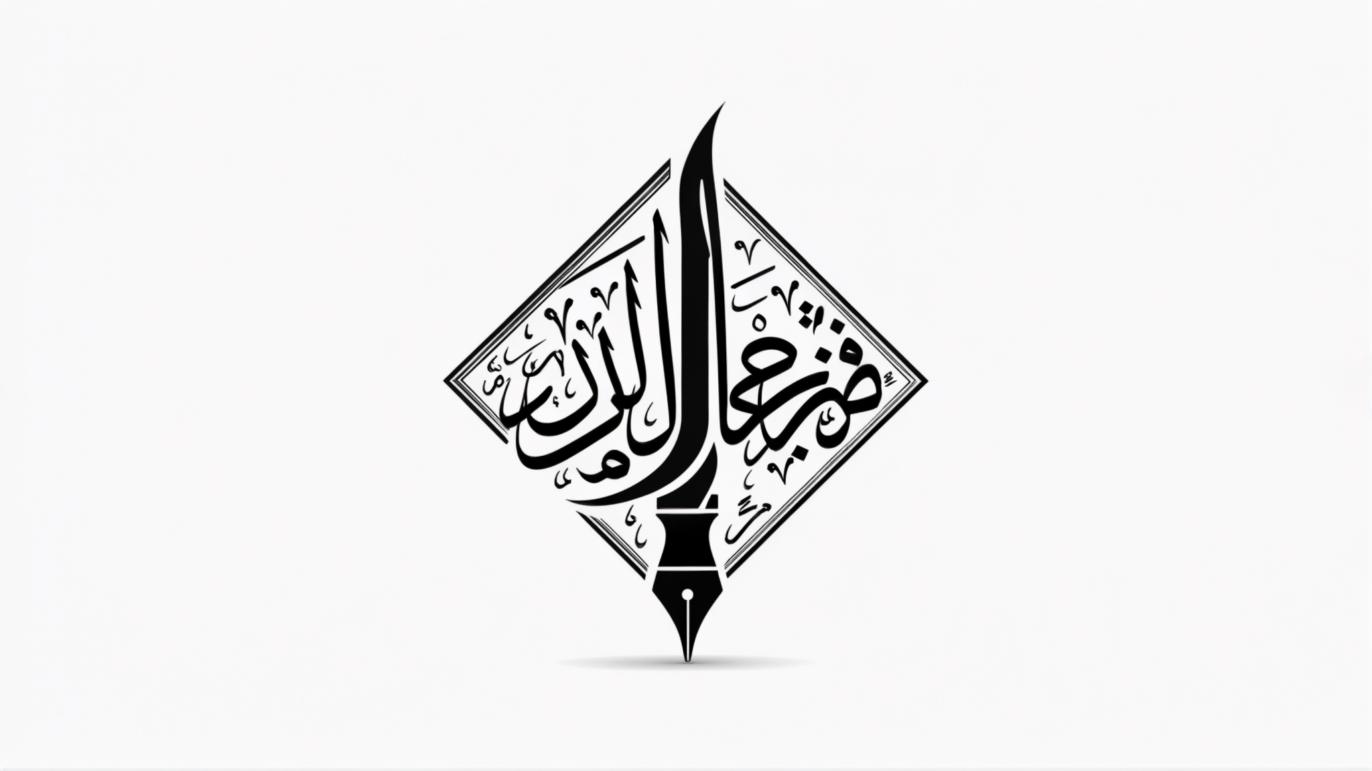Al-Qawa'id Al-Arba' - Chapter 3: The Third Principle
Chapter 3: The Third Principle
بِسْمِ ٱللَّهِ ٱلرَّحْمَٰنِ ٱلرَّحِيمِ
In the Name of Allah, the Most Gracious, the Most Merciful
Introduction
The third principle of Al-Qawa’id Al-Arba’ (The Four Principles) addresses a crucial aspect of Islamic monotheism - the distinction between the worship of Allah and the worship of other than Him. This principle helps us understand what constitutes true worship and what constitutes polytheism (shirk).
The Third Principle
The third principle: The people of the time of the Prophet (ﷺ) used to worship Allah, but their worship was mixed with other forms of worship. They would pray, fast, give charity, and perform Hajj, but they would also call upon the dead, seek their help, make vows to them, and sacrifice to them.
The evidence for this is the saying of Allah, the Most High:
“And most of them believe not in Allah except that they attribute partners unto Him (i.e., they are Mushriks).” [Yusuf: 106]
Understanding the Third Principle
This principle reveals a critical distinction in Islamic theology:
- Outward Acts of Worship: The mushriks (polytheists) performed many acts that outwardly resembled worship - prayer, fasting, charity, pilgrimage
- Mixed Worship: However, they combined these acts with shirk (polytheism) by directing some worship to other than Allah
- The Reality of Their Condition: Despite their apparent acts of worship, they were still considered mushriks
Key Points from This Principle
1. The Nature of Mixed Worship
The mushriks of the Prophet’s time were not complete disbelievers in the sense that they denied Allah’s existence. Rather, they:
- Acknowledged Allah as the Creator and Sustainer
- Performed acts of worship like prayer and fasting
- But also directed worship to others alongside Allah
2. The Definition of Shirk
Shirk is not necessarily complete denial of Allah, but rather:
- Associating partners with Allah in worship
- Directing acts of worship to other than Allah
- Seeking help from other than Allah in matters that only Allah can provide
3. The Evidence from the Quran
The verse from Surah Yusuf (12:106) shows that:
“Most of them believe not in Allah except that they attribute partners unto Him”
This means they believed in Allah but mixed their belief with shirk.
Examples of Mixed Worship
1. Calling Upon the Dead
The mushriks would call upon the righteous dead, seeking their intercession and help.
2. Making Vows to Others
They would make vows and promises to the dead, seeking their blessings.
3. Sacrificing to Others
They would sacrifice animals in the name of the dead or other beings.
4. Seeking Help from Others
They would seek help from beings other than Allah in matters that only Allah can provide.
The Modern Application
This principle is particularly relevant today because many Muslims fall into similar patterns:
1. Seeking Intercession from the Dead
- Calling upon dead saints or scholars
- Seeking their help in worldly matters
- Making vows to them
2. Visiting Graves for Blessings
- Traveling to graves to seek blessings
- Making tawaf (circumambulation) around graves
- Seeking help from the inhabitants of graves
3. Seeking Help from Others
- Calling upon jinn or spirits
- Using amulets and charms
- Seeking help from fortune tellers
The Correct Understanding
1. Tawheed Al-Uluhiyyah (Oneness of Worship)
All acts of worship must be directed to Allah alone:
- Du’a (Supplication): Only to Allah
- Sacrifice: Only for Allah
- Vows: Only to Allah
- Seeking Help: Only from Allah
2. The Role of Intercession
Intercession in Islam is:
- Only by Allah’s permission
- Only for believers
- Only in the Hereafter
- Not available from the dead
3. The Status of the Dead
The dead:
- Cannot hear our calls
- Cannot help us
- Cannot intercede for us
- Are in their graves awaiting the Day of Judgment
Evidence from the Quran and Sunnah
Quranic Evidence
Allah says:
“And who is more astray than one who invokes besides Allah those who answer him not until the Day of Resurrection, and they (of such invoked ones) are unaware of (their) invocation.” [Al-Ahqaf: 5]
And Allah says:
“And they worship besides Allah that which neither harms them nor profits them, and they say: ‘These are our intercessors with Allah.’” [Yunus: 18]
Evidence from the Sunnah
The Prophet (ﷺ) said:
“When a man dies, his deeds come to an end except for three things: ongoing charity, beneficial knowledge, or a righteous child who prays for him.”
This shows that the dead cannot help the living.
The Danger of Mixed Worship
1. Nullification of Good Deeds
When shirk is mixed with worship, it can nullify the good deeds:
“If they had associated others (with Allah), then all that they used to do would have been of no benefit to them.” [Al-An’am: 88]
2. Eternal Punishment
Shirk is the only sin that Allah will not forgive if one dies upon it:
“Indeed, Allah does not forgive associating others with Him, but He forgives what is less than that for whom He wills.” [An-Nisa: 48]
3. Loss of Tawheed
Mixed worship corrupts the purity of monotheism and leads to complete shirk.
How to Apply This Principle
1. Purify Your Worship
- Direct all acts of worship to Allah alone
- Avoid seeking help from other than Allah
- Do not call upon the dead or seek their intercession
2. Learn About Shirk
- Study the different types of shirk
- Understand what constitutes major and minor shirk
- Be aware of modern forms of shirk
3. Practice Tawheed
- Make du’a only to Allah
- Seek help only from Allah
- Place your trust only in Allah
Conclusion
The third principle teaches us that:
- Outward acts of worship are not enough - the intention and direction matter
- Mixed worship is still shirk - even if combined with good deeds
- We must purify our worship - directing everything to Allah alone
- The dead cannot help us - we should not seek their intercession
This principle helps us understand the difference between true monotheism and the polytheism that was prevalent in the time of the Prophet (ﷺ) and continues in various forms today.
Source: Al-Qawa’id Al-Arba’ by Shaykh Muhammad ibn Abdul-Wahhab

